Have you ever wondered if the word “can” can be considered a verb? Well, the answer might surprise you! In English, “can” is a modal verb that is used to express ability, permission, possibility, or requests.
Modal verbs are unique in that they do not change form to show past tense, future tense, or singular/plural forms. This means that “can” remains the same regardless of the subject or time frame of the sentence. It is always “can,” whether you’re talking about yourself, someone else, or a group of people.
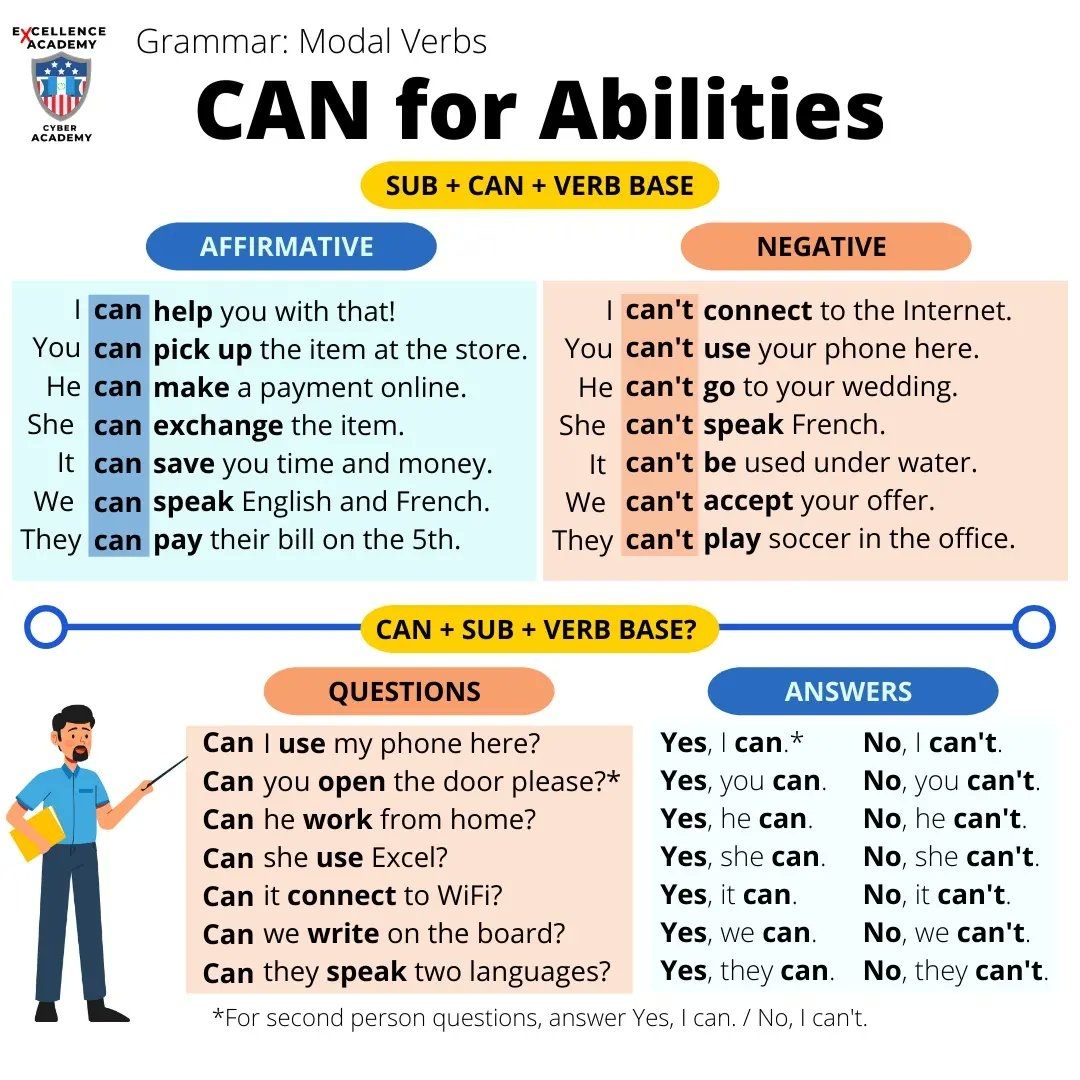
can is be a verb
Can “Can” Be a Verb?
When used in a sentence, “can” is typically followed by a base form of the verb. For example, “I can swim,” “She can play the piano,” or “They can speak French.” In these sentences, “can” is helping to express the ability of the subject to perform the action indicated by the following verb.
It’s important to remember that “can” is not the only modal verb in English. Other modal verbs include “could,” “may,” “might,” “shall,” “should,” “will,” “would,” and “must.” Each of these modal verbs has its own unique uses and meanings, so it’s essential to understand how to use them correctly in different contexts.
So, the next time you’re writing or speaking in English, remember that “can” is more than just a simple word – it’s a versatile modal verb that can help you express a wide range of meanings and intentions in your sentences. Happy communicating!
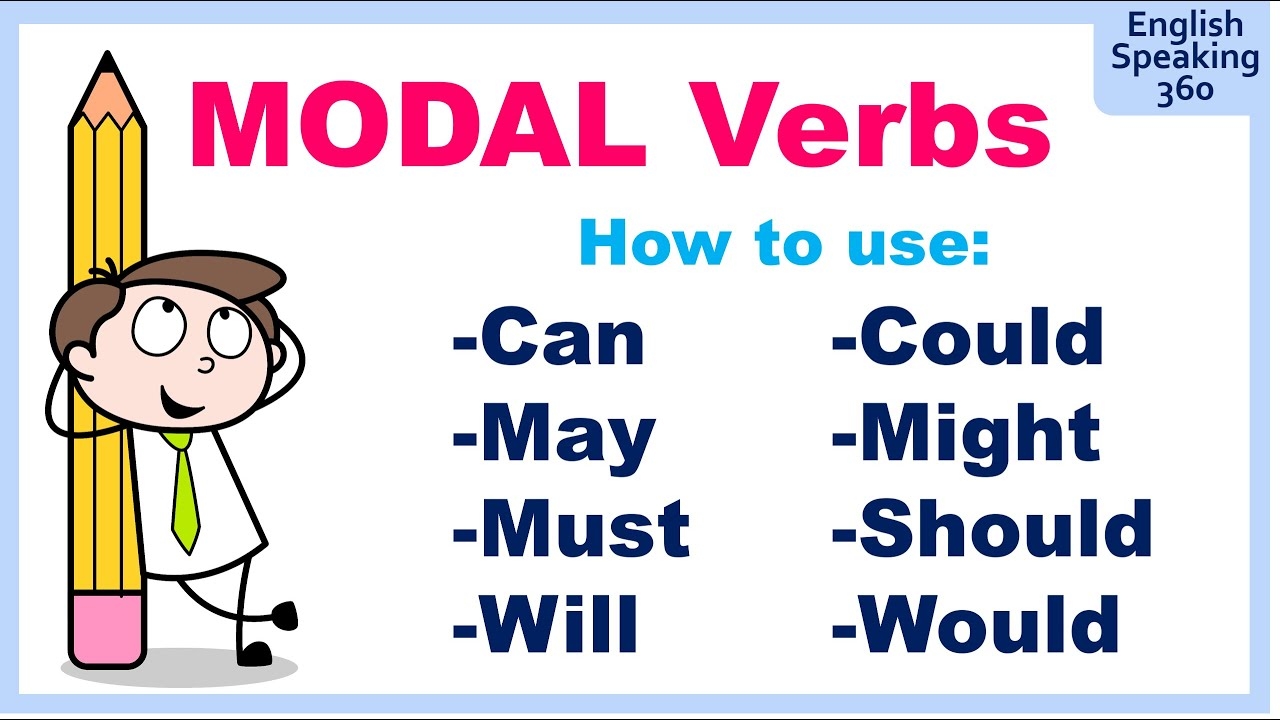
MODAL VERBS All You Need To Know About CAN COULD MAY MIGHT SHOULD MUST WILL WOULD YouTube
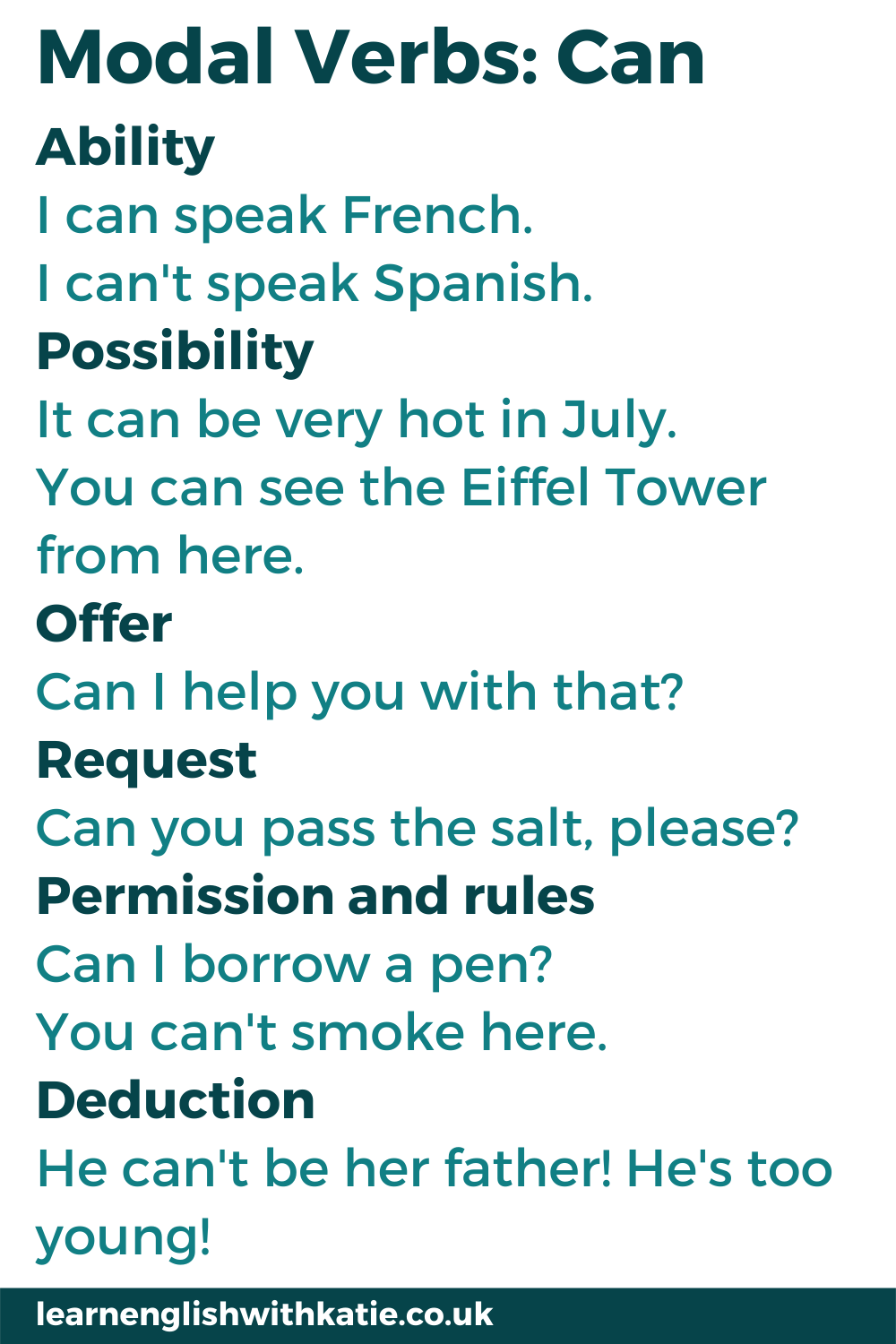
Modal Verbs Can
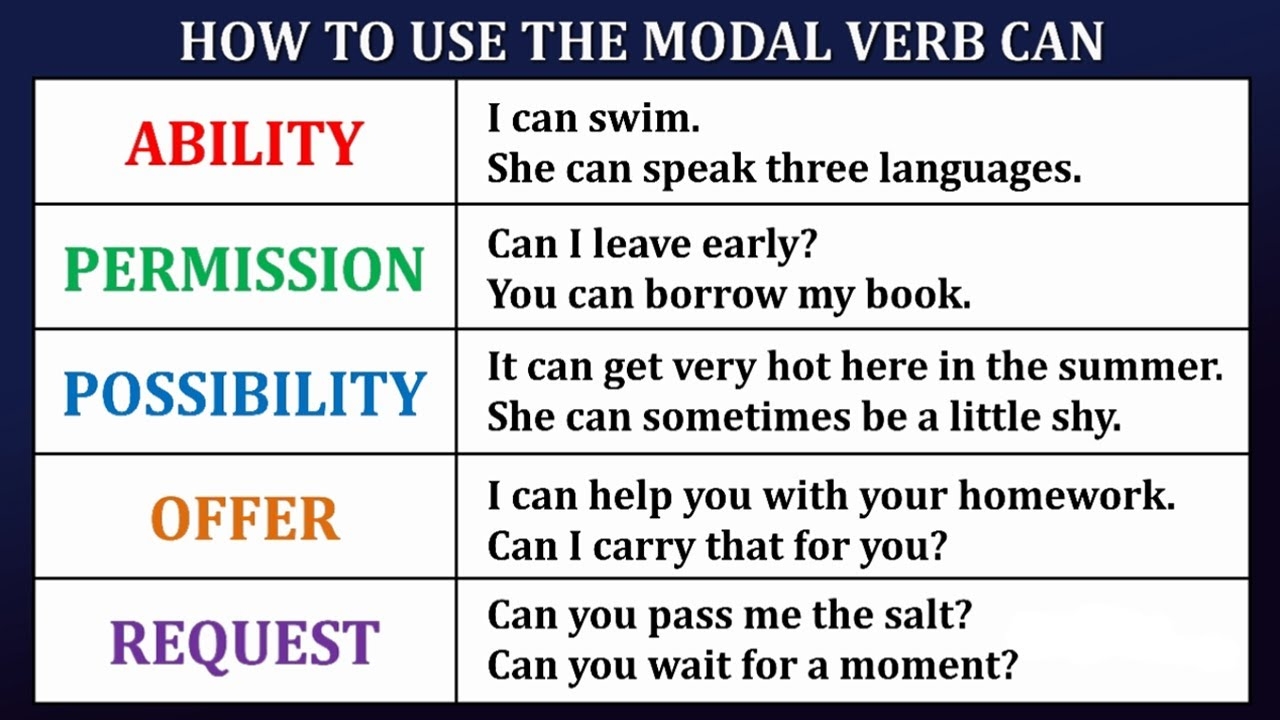
How To Use The Modal Verb CAN YouTube
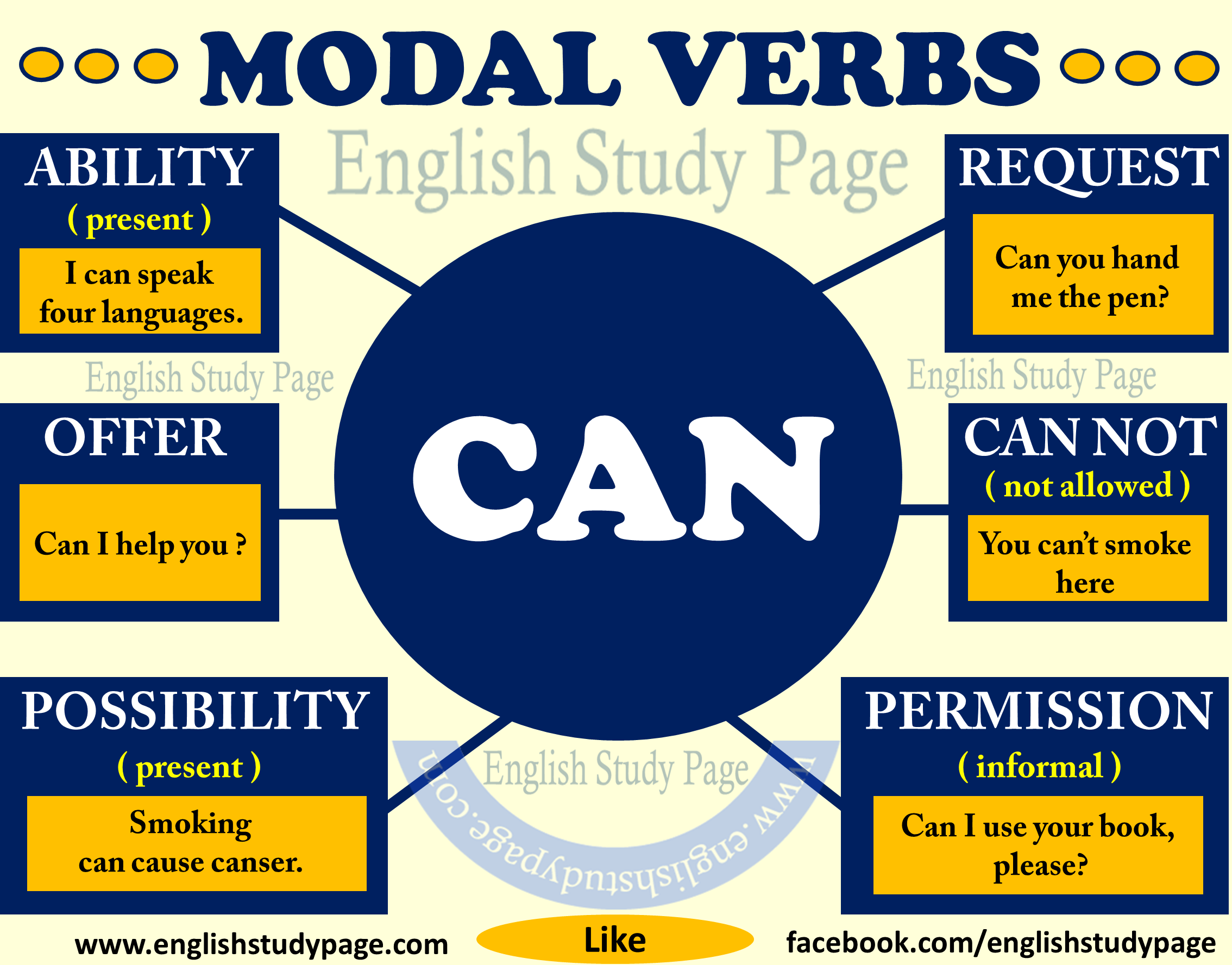
Modal Verbs CAN English Study Page
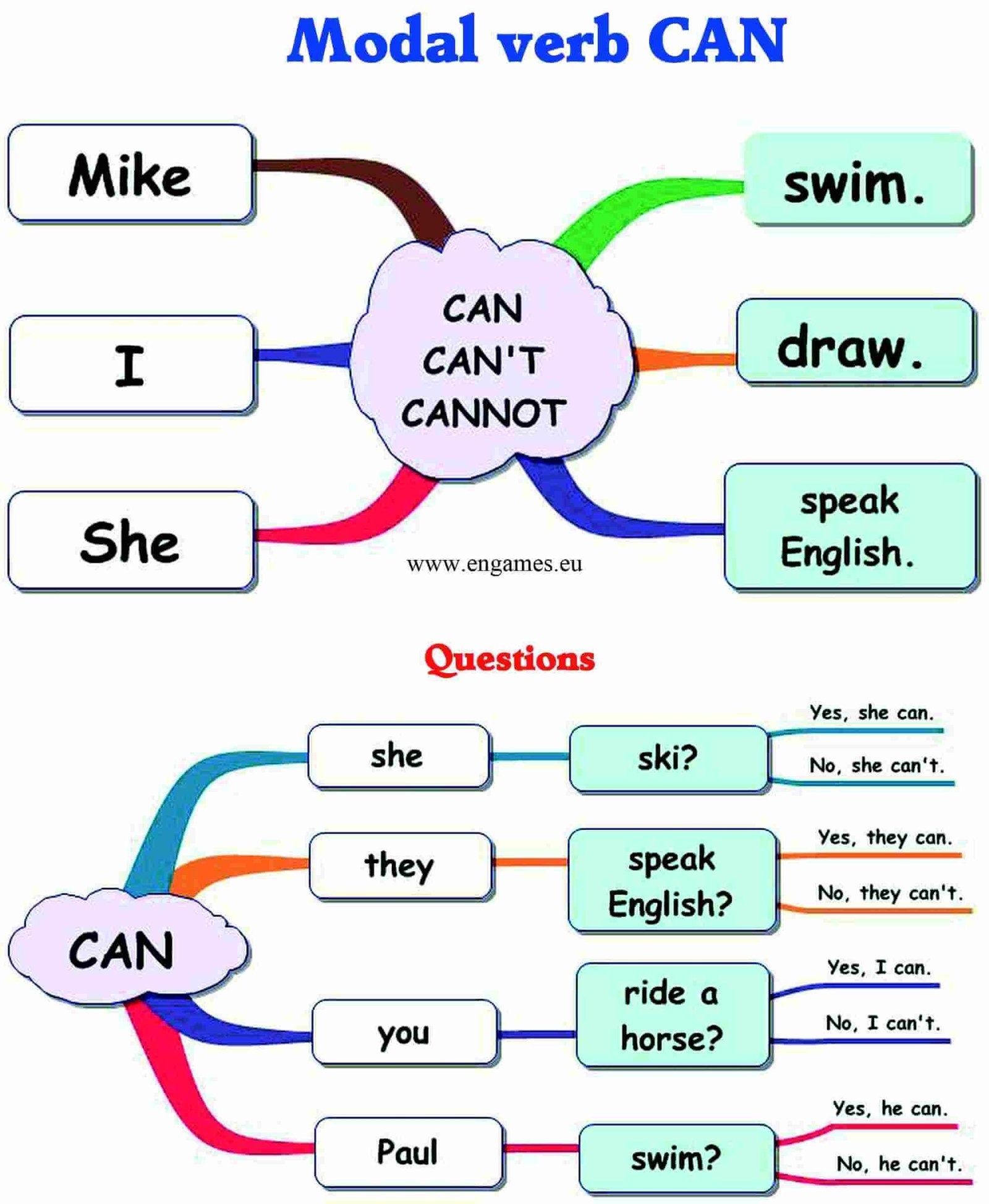
Modal Verb CAN Games To Learn English
